The United Nations Secretary General,Antonio Guterres recently raised deep concerns over what he described as an “epidemic” of coups in Africa.
The labeling as embarrassing as it appears is neither strange nor alarming.
Join our WhatsApp ChannelCoup phenomenon is an age -old malady in the African continent. The latest coup in Gabon,ousting President Ali Bongo Ondimba post-dated a recurring travesty of government that had bedeviled Africa and tarnished her image for over half a century.
The incidence of coup d’état- the overthrow of a lawful government by illegal means,violent or bloodless,first emerged in Sub Saharan Africa when some soldiers in Togo took over power on January 13t, 1963.That military putsch cast a dark cloud over African nations,which were embracing independence from western imperialism and colonialism.
The tragic murder of the Togolese elected leader, Sylvanus Olympio by the coup plotters particularly sent ominous signals not only across Africa but also the global community ,with profound political,social and economic consequences.
Three years later on January 15, 1966,the military struck in Nigeria,killing a circle of the first generation political leaders,in the most violent coup in history,to open a tidal wave of coups in Africa’s most populous nation.With a long history of political instability,after independence in 1960,Nigeria have had eight coups.
More countries in Africa had also followed the infamy, unrestrained.
Military coups may not be unique to Africa. But while forceful takeover of power had been recorded world wide, the spate of coups across the African continent remained most pervasive and endemic.Historical statistics reveal that out of the 486 military coups staged globally since the 1950s, Africa witnessed the largest number with 214.There are 54 countries in Africa.45 had experienced coup.
The resurgence of such military upheaval had gained sustained notoriety within the past three years,engulfing seven nations.
Here is a countdown:
In August 2020,soldiers in Mali toppled the government of President Ibrahim Boubacar Keita,over worsening security,flawed elections and corruption charges. A counter coup occurred subsequently with new head of state,Assimi Goita, replacing the first leader ,Bah Ndaw.
Then the military took over, April 2021, in war -torn Chad, following the assassination of President Idriss Deby who was up in arms against terrorist forces.
READ ALSO: Niger Republic Coup: Impacts On Democracy And Governance
Consumed by an illegal third term agenda,President Alpha Conde of Guinea was sacked from office after widespread civil unrest instigated the military in September 2021.
The following month,October 2021, General Abdel Fattah al-Burhan headed a military coup in Sudan,deepening socio- political crisis in a nation ravaged by war and military disturbances. According to available records,Sudan tops the list as the African country with the most coups with 17 occurrences.
Burkina Faso,notorious for violent rebellion since the tragic days of Thomas Sankara ousted the country’s president Roch Kabore in 2022 over alleged failure to tackle rampaging insurgents.Another coup led by an Army captain,Ibrahim Taore followed months later.
Niger’s leader President Mohamed Bazoum was overthrown by the military on July 26, destabilising democracy in the Sahel region.
The turmoil in Gabon mentioned earlier completes the vicious circle of coups which had for decades threatened the political trajectory of Africa.
Why coups in Africa?
A myriad of political,social and economic factors are responsible. There are several reasons for the preponderance of coups in Africa,but corruption and bad governance are the twin harbingers of political instability across the continent.The military perpetrators of coups find it so easy to justify takeover,in the guise of restoring social order,with the wanton display of leadership ineptitude and corrupt tendencies among governments in Africa.In most places where coups have occurred,beginning from post independent era, self aggrandizing politics,had played a major role in stirring disaffection and mutiny.
The selfishness of the political class perpetuates greed and the crudest forms of corrupt enrichment.In Africa,majority of the political figures are potentates- strong authoritarian personalities.Individuals are stronger than institutions.The rulers deploy ethnic, religious and regional divisions to exploit the ruled.Coups are rampant in Africa because fervent promises by governments to ensure improved well being for the people are never met.The inability of the ruling authorities to provide basic social infrastructure in the face of general poverty, high unemployment,inflation and related economic crisis had all remained a recipe for coups.
Across countries in Africa,electoral irregularities,subversion of democratic principles, manipulation of constitutions, refusal to accept electoral defeat and violations of human rights had repeatedly caused anti-government unrests and coups,as witnessed in Gabon among others.
Spurred by these political, economic or social factors,angry and disgruntled military officers saw coups as the only viable option to depose corrupt, insensitive and unpopular democratic structures and regimes in Africa
But the curse of coups in Africa is not wholly self inflicted or totally driven by neo-colonialism. External factors, including foreign interference have contributed so much to political instability in the continent. Western powers like France,Britain and united States of America and so on have been complicit in political tumult in parts of Africa and other third world regions through lecherous interests in economic resources like oil,gold and diamonds as well as weapons sales, military aid and training.
In this case, foreign powers have been known to support or topple governments based on their hidden interests and not the aggregate will of the people.
No matter the reasons or circumstances for coup,it remains present and looming danger.It is as destructive as Frankenstein monster.No nation is immune.
Respite only came for Nigeria in 1999 with the restoration of civil rule,after years of unfortunate military interference in our political landscape. I recall with nostalgia that I returned from London,Britain,where I had an eventful legal education and career for about a decade,to participate in Nigeria ‘s Third Republic democracy in 1999.
Emboldened by a compelling patriotic spirit to serve my fatherland,I overcame initial skepticism created by the precarious political instability back home.Then I helped to nurture democratic rule as a founding member of the People’s Democratic Party PDP under a military supervised transition programme, initiated by General Abdul Salami Abubarkar.This culminated in my election into the House of Representatives as a lawmaker representing Aniocha/Oshimili Federal constituency at the National Assembly.
As a long standing bastion of constitutional democracy,good governance,rule of law and human rights, I find coups unacceptable,anachronistic and retrogressive,no matter the intent.The recent coups in Mali,Chad, Sudan,Guinea,Burkina Faso,Niger and Gabon are objectionable from this avowed premise .
Expectedly, the African Union AU and the Economic Community of West African States (ECOWAS), have denounced the various coups with threats of sanctions and ostracism, ostensibly to safe guard democracy and ensure political stability in the continent.
READ ALSO: From Ukraine To Niger: Any Lessons For Puppet ECOWAS?
But viewed from historical experience,it is doubtful if such measures can ever halt the menace of coups anywhere in Africa.No time did vehement disapproval of coup plot work under the defunct Organization of African Unity, OAU,which morphed into AU in 2002.
The head of the military junta that murdered Togo’s Olympio in 1963 was not allowed to seat among African leaders at their maiden meeting in Addis Ababa,following the birth of OAU same year,but that never deterred more coups in the west African country or any where else.Even the recent threat by ECOWAS to use multilateral military force to restore democratic power in Niger had been ineffectual ,compelling feeble political situation.That Gabon erupted in military takeover barely a month makes the African coup dilemma more ridiculous. A damning rejection of power abuse and blind arrogance by African sit -tight leaders, a mockery of ECOWAS, AU and other regional bodies.
Coup d ‘etat: Which way Africa? What hope?
There must be a paradigm shift. This is inevitable to curb the nagging ugly tradition of unpopular leadership that has endlessly manifested in the pursuit of narrow interests, against the common needs and aspirations of the citizens.
Potently, there are enduring antidotes to stop incessant coups in Africa: Good governance, accountability, respect for constitutional statutes, civic awareness,vision, integrity, empathy and service.
Above all, to kill coups, we must kill corruption in all facets of African politics.
Senator Prince Ned Nwoko represents Delta North in the Nigerian Senate

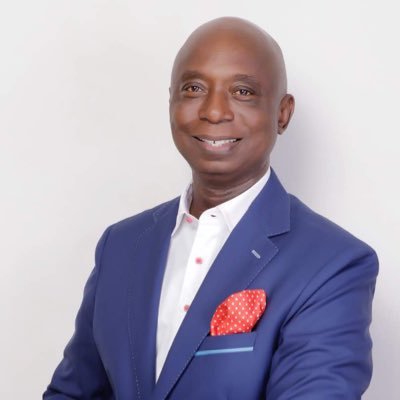


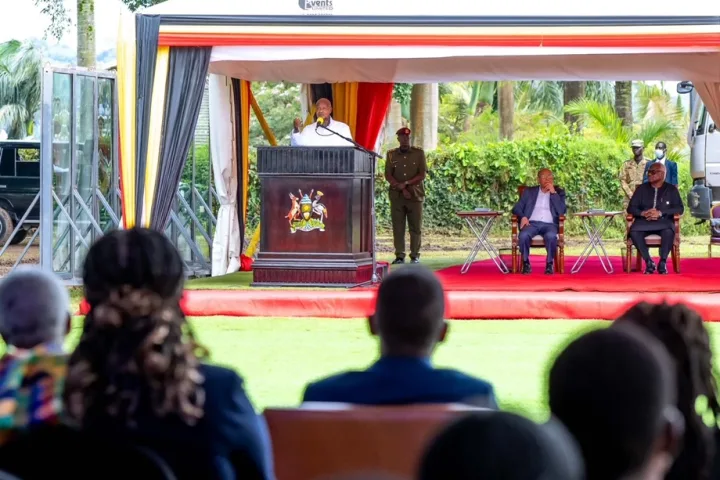
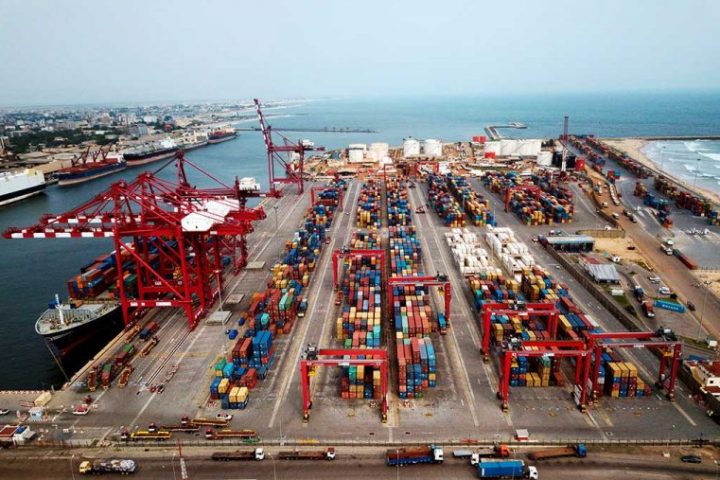








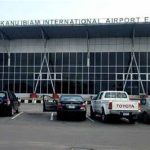
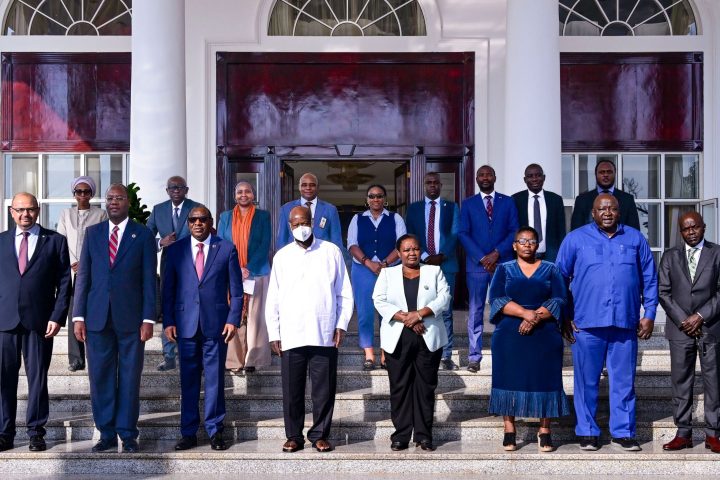

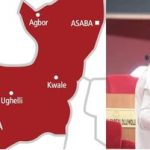
Follow Us